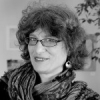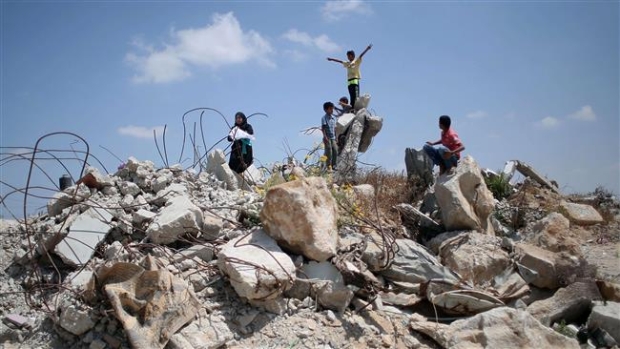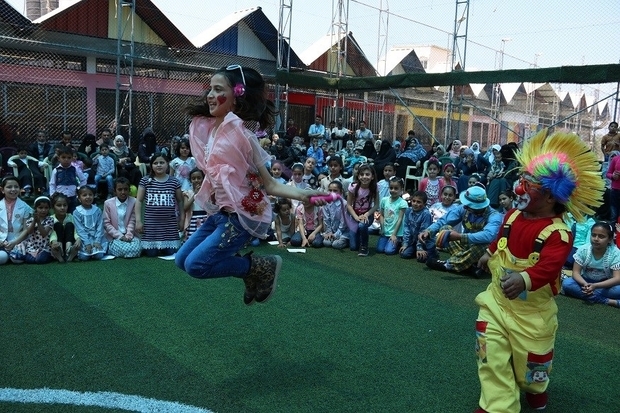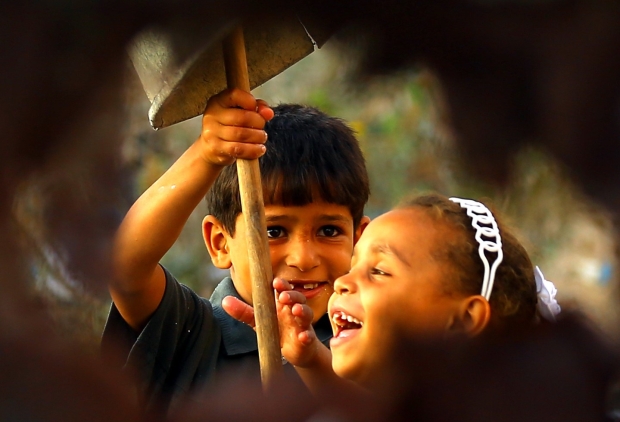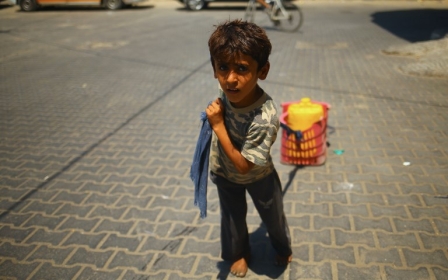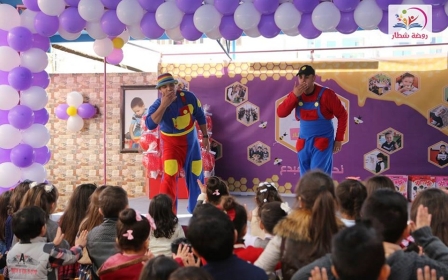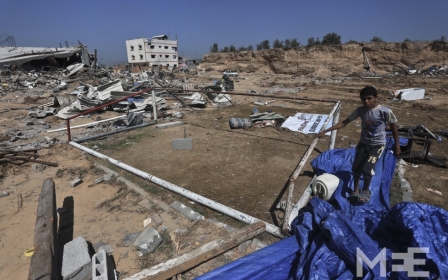Yes, Palestinians under siege are 'dehumanised' - by Israel
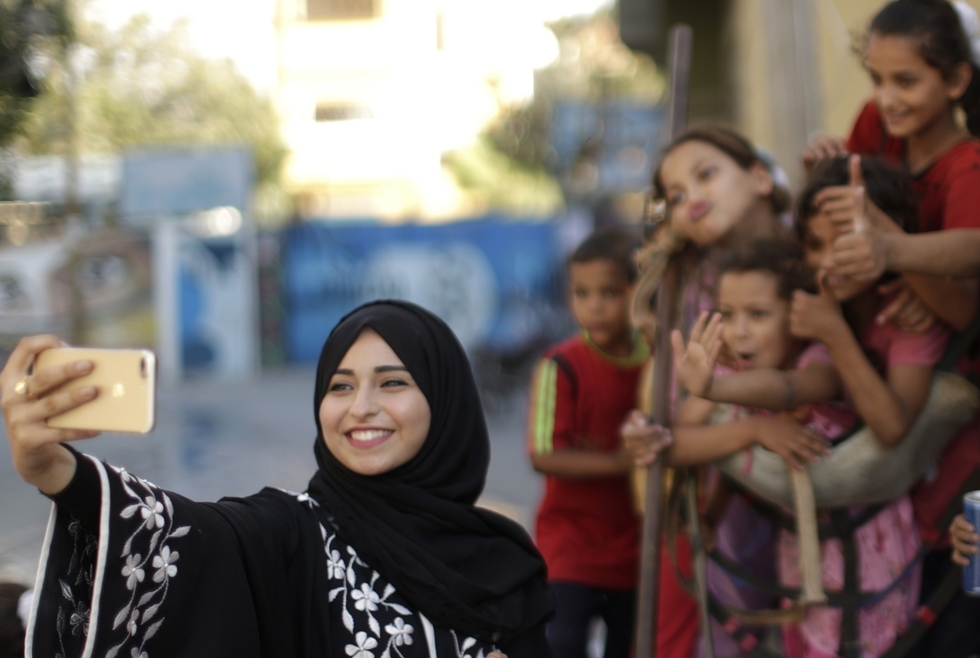
A recent Haaretz article portrays the situation in Gaza in deeply disturbing terms. "Anomie", or the total collapse of social norms, is manifesting in rampant sexual violence, with "more than one in three" children under 14 being molested or raped, by fathers, mothers, cousins, older brothers, etc. It is a bleak picture, a "dystopian nightmare", "hell", as the Haaretz article says in its headline.
I do not doubt that the rates of sexual assault increase in situations of political and military conflict - this is an observation feminists have been making for decades, and one which is, sadly, all-too-easy to document. All wars have gendered manifestations, including greater sexual violence within the ranks of the military, and by the military against civilian populations, as well as within the civilian populations themselves.
It's a universal phenomenon, and obviously, Gaza is not immune to it. Drug use has also increased in the strip - again, a totally understandable but sad development. Suicides too, even though the Haaretz article does not mention those.
Unsubstantiated claims
No single article can address all aspects of any situation. Yet there is a moral and professional responsibility, when discussing the Gaza Strip, which is sealed off by the 10-year siege, to give voice to the people living there, since most of the rest of the world can only learn about them from the media.
Were it not for this demonisation of the Palestinian people, there would be a powerful global outrage at the ongoing violation of our human rights
With its sensationalised and unsubstantiated claims of a trapped society cannibalising itself, the Haaretz article, based on an interview with Mohammad Mansour, a psychologist who volunteers in Gaza with Physicians for Human Rights, falls short of responsible journalism.
The long-standing dominant narrative about Palestinians is that we are an expendable people, one whose rights can be trampled with impunity, whose lives don’t matter, because we are lesser beasts on two legs, essentially prone to violence, motivated above all by hatred.
Were it not for this demonisation of the Palestinian people, there would be a powerful global outrage at the ongoing violation of our human rights, and the decade-long siege on Gaza. Instead, our suffering is normalised, invisibilised, when daily Israeli attacks on fishermen off the coast of Gaza go unreported, while a rocket launched from Gaza into southern Israel is said to "disrupt the peace".
In this context, any article that does not counter the narrative of the disposability of the Palestinian people compounds our dehumanisation. And the Haaretz interviewer basically extracts such a statement from the doctor, when she asks: "What’s the philosophical conclusion? That in conditions like these internal morality disappears, one loses one’s humanity?"
"People lose their humanity. Of course," the doctor responds, adding "There's an Italian psychoanalyst, a friend of mine, Franco Dimasio, who maintains that life amid a struggle for survival causes us to lose our humanity."
The siege is genocidal
I do not want to minimise the severity of daily life in Gaza. I am someone who has insisted the siege be recognised as genocidal. Nevertheless, I am appalled at the callousness of the interviewer as she asks for an elaboration of how people in Gaza have lost their "internal morality," their very "humanity".
The reporter then lists the layers of oppression, without mentioning Israel: Gaza, she says, is a "totally isolated society living in horrific conditions, without electric power, between ruins, under a dictatorial government. What holds that society together?" "Nothing," the doctor responds, before adding that "The only thing that can perhaps be said to be an organising factor is the regime.”
"So the despotic regime in Gaza is the last barrier to total collapse? That's the block?" the reporter insists? "Unfortunately, yes. If it didn't exist, there would be crime, and only crime, all the time."
I am appalled at the callousness of the interviewer as she asks for an elaboration of how people in Gaza have lost their "internal morality," their very "humanity"
The sweeping generalisation is all the more offensive when one thinks that Israel is simply not held accountable for the siege. The "dictatorial government", the "despotic regime", are references to Hamas, with no mention of Israel. Also missing is any voice from within Gaza, even though these are available to anyone willing to do the slightest research online since the Strip is besieged.
Readers who are interested in learning more about the daily lives of people in Gaza can look at sites such as Gaza Unlocked, which gives access to first-hand accounts by people living in Gaza about their lives.
While the stories there do not necessarily offer a rosy picture, they certainly reveal caring, loving, ambitious people with dreams that go beyond molesting their six-year-old cousin.
Another site, We Are Not Numbers, also publishes stories by young people in Gaza that give us a glimpse into their personal lives away from the internecine violence that the mainstream media would have us believe is all there is in Gaza.
Disastrous circumstances
One recent story on "We Are Not Numbers" shows the kind of empathy that the Haaretz article says has completely disappeared in Gaza. In "We are all Puerto Ricans", the young Tarneem Hammad looks at the similarities between the living circumstances of people in Gaza, and in Puerto Rico after Hurricane Maria.
She describes herself as a "partner in crisis", before offering advice about survival without electricity. One piece of advice shows a depth of humanity we do not get from Haaretz. "When you have light during the days, try to read some books or just take a walk with friends; don't stay alone with your negative thoughts," Hammad writes.
Reading. Walking with friends. Avoiding negativity. We certainly would not have guessed, from the Haaretz article, that anyone in Gaza engages in such activities, let alone cares enough about others to the point of offering helpful advice about physical and mental wellness.
With its sweeping generalisations that totally dehumanise two million Palestinians in Gaza, the Haaretz interview, like so much opportunistic journalism, does more harm than good.
"These days people are indifferent even to their best friends," Doctor Mansour had told the Haaretz interviewer. "They feel that they have to look out for themselves and only themselves. When a person has nothing to eat, he can't connect with someone who can't help him, even if the other is in the same situation."
I came across a recent essay by a young man in Gaza whose 22-year old friend had committed suicide. As he elaborates on the hardships that would prompt anyone to take their own life, Hamza Abu Eltarabesh comments: "I know I have nothing but love and respect for him."
In her letter to the people of Puerto Rico, Hammad discusses the political context of the disastrous circumstances they are living in. Whether in Gaza, where the crisis is man-made, or in Puerto Rico, devastated by a hurricane, politicians blame the victim instead of offering help, she writes. "But [we] must never settle for less than we deserve; we are under no obligation to silence ourselves," she concludes.
The people in Gaza are not silent, they need venues where they can share their stories, beyond the numbers, beyond the sensationalised, dehumanising media reports. Responsible journalism does not lend itself to the further demonisation of an oppressed people.
The siege, Israel and its apologists would have us believe, is necessary because the Palestinians are violent. They have no respect for human life. They even use their children as human shields. They are murderers, monsters, one and all.
With its sweeping generalisations that totally dehumanise two million Palestinians in Gaza, and does not give them a chance to represent themselves, the Haaretz interview, like so much opportunistic journalism, does more harm than good.
- Nada Elia is a Diaspora Palestinian writer and political commentator, currently working on her second book, Who You Callin' "Demographic Threat?" Notes from the Global Intifada. A professor of Gender and Global Studies (retired), she is a member of the steering collective of the US Campaign for the Academic and Cultural Boycott of Israel (USACBI)
The views expressed in this article belong to the author and do not necessarily reflect the editorial policy of Middle East Eye.
Photo: Palestinian Fatma Abu Musabbeh, 21, uses her mobile phone to take pictures of children for her social media account in Deir al-Balah in the central Gaza strip on 17 September 2017. They may not be able to leave without Israeli or Egyptian permission, but their photos can. Two Gazan women are among a small number of Instagram stars in the blockaded Palestinian enclave, showing followers a different side of their homeland from what much of the world may be used to hearing or seeing (AFP)
New MEE newsletter: Jerusalem Dispatch
Sign up to get the latest insights and analysis on Israel-Palestine, alongside Turkey Unpacked and other MEE newsletters
Middle East Eye delivers independent and unrivalled coverage and analysis of the Middle East, North Africa and beyond. To learn more about republishing this content and the associated fees, please fill out this form. More about MEE can be found here.


